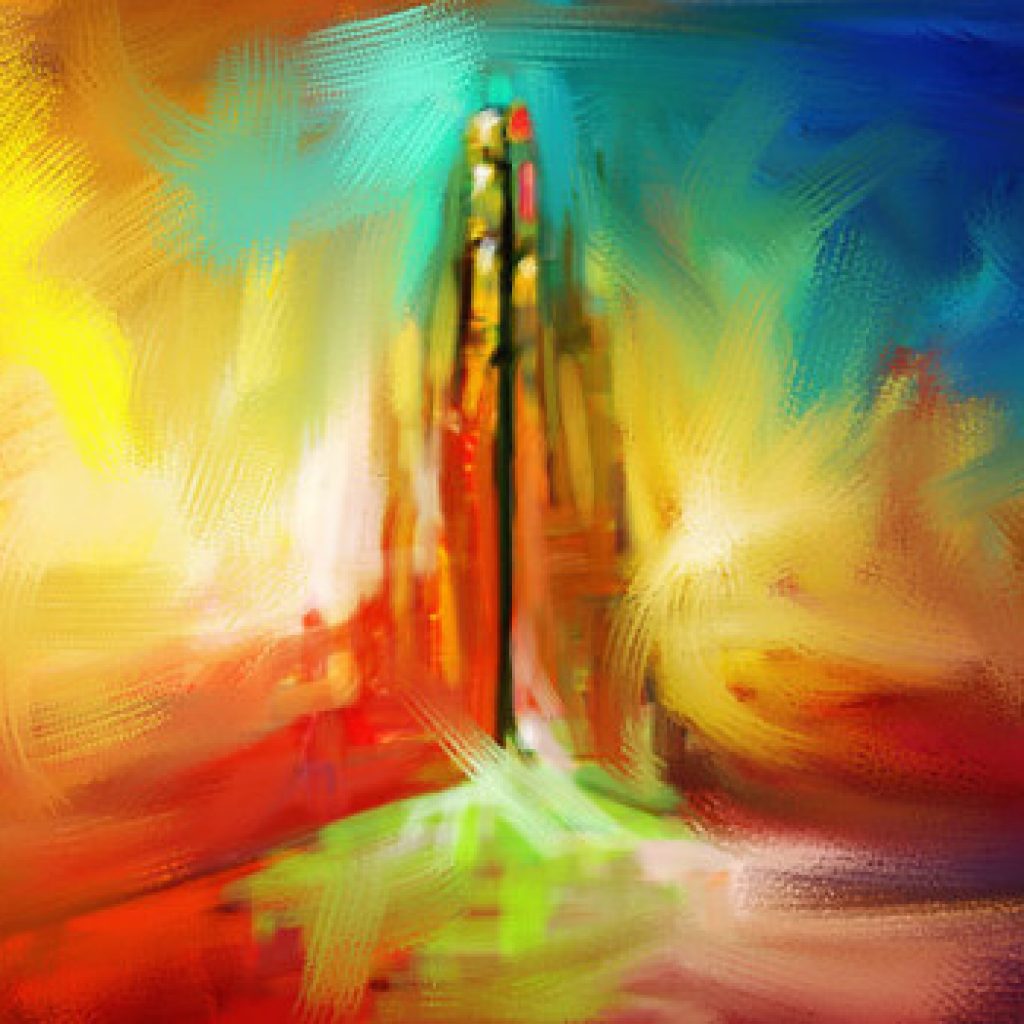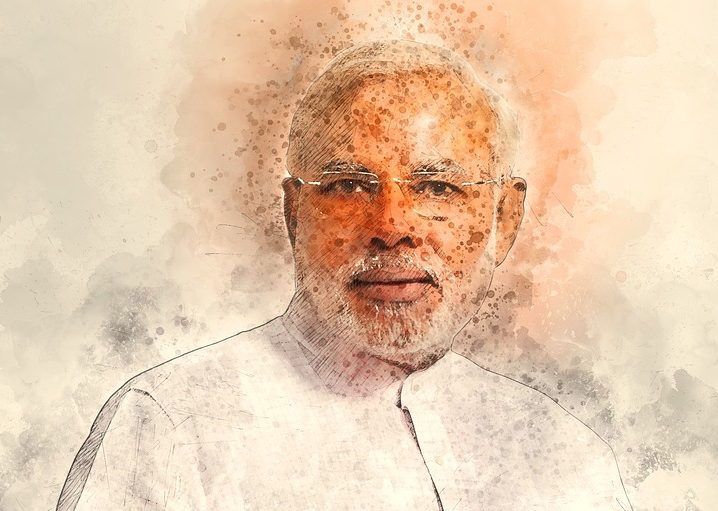
The community of Hindi readers may appear thin or even non-existent to the larger English- reading crowd but it appears they are simply doing what they do best- quietly reading good literature in some corner.
With Hindi confined to the dark ends of most bookshops and shelves groaning under the weight of English bestsellers, English classics, English comics and English magazines, it would seem to be the wide, wide world of English reading out there.
But that is only part of the picture.
On Hindi Diwas today, there is enough evidence to suggest that Hindi literature continues to be contemporary and relevant, notwithstanding the naysayers.
Take Preeti Mishra, who is doing her PhD in linguistics from IIT Delhi. Her habit of casually reading Hindi stories while in school turned into a passion when she was introduced to Hindi literature by a friend several springs ago.
“And then I realised how vast and beautiful the world of Hindi literature was,” she told PTI with a hint of pride in her voice.
Mishra is a serious reader of “anything that is good literature” without being bound by the language.
“My focus is never the language. It just has to be good literature. You find everything in a good book from comedy to romance, tragedy and drama,” she said.
With a special preference for Hindi veterans such as Nirmal Verma, Kunwar Narayan and Kedarnath Singh, whose names just roll off her tongue, Mishra said she also found herself captivated by the writings of Saadat Hasan Manto and Gulzar.
Though she swears by her love for the classics, Hindi author Kunal Singh is worried about the decreasing number of young readers interested in literature.
ALSO READ

Leadership Attributes A Man Should Possess To Become A Successful Leader, By Sam Manekshaw

67 Indian Startups Receive Tax Benefits From the Government
“People have always read classics, but I feel the number is decreasing now, especially with the younger generation,” he said.
Younger readers, he added, were more interested in English, which, he added, was “not a bad thing“.
“But most of them are reading English because it is the fashion. What they are reading is not literature, it is pulp fiction at best,” said the author of Romeo, Juliet aur Andhera.
He also pointed to the current generation of film actors and directors who had read Hindi literature, citing an anecdote about Irrfan Khan.
Asked about his expressive eyes, the versatile actor remembered his early days and said only two things made him cry; his struggles and the writing of Hindi poet, scholar and author Uday Prakash.
If Khan read poetry for its pathos, Ritika Pradhan, a corporate communications officer, picks up Hindi books “for peace of mind“.
Growing up in a family where reading was considered a noble pursuit, Pradhan recounted a recent experience on the Delhi Metro, illustrating how many were biased against Hindi.
“One day I was reading a Hindi book on the Metro and the girl next to me said, Why are you reading Hindi? Can you understand it?,” she recalled.
The co-passenger went on to suggest that Pradhan read “Half Girlfriend” by Chetan Bhagat to ease her way into English reading.
Pradhan, who said she was troubled by the incident, is currently reading a Hindi translation of “Dozakhnama”, by Rabisankar Bal and said she read Hindi before going to sleep as it “calms her mind“.
When it comes to picking a new volume, both Pradhan and Mishra rely on their fellow Hindi reading friends and prefer to buy books online, a practice Satyanand Nirupam, editorial director at Rajkamal Prakashan, a 70-year-old publishing house, feels has helped Hindi literature stay relevant.
“We have seen an increase in the numbers of Hindi readers over the years. While there are several factors responsible for the growth, online bookstores have played a major role,” he said.
Discussing translations of Indian English bestsellers, Nirupam said the “marketing noise created by publishers” did make readers curious but the market was limited.
“When a book is translated into Hindi, people buy it. But that doesn’t make for a big market. Serious Hindi readers dont buy these translations. Most Hindi readers are interested in memoirs, biographies, or stories that feel like stories of the common man,” he said.
